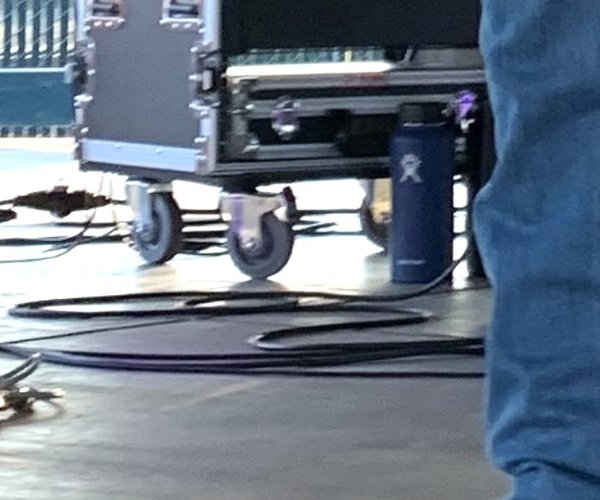In 2022, Bay Area Lyme will mark its 10th
anniversary, and throughout this year will be reflecting on a decade of
achievements by the foundation and the Lyme community while acknowledging the
significant challenges that still lie ahead.
Bay Area Lyme Foundation Funds Tick-Borne Research





